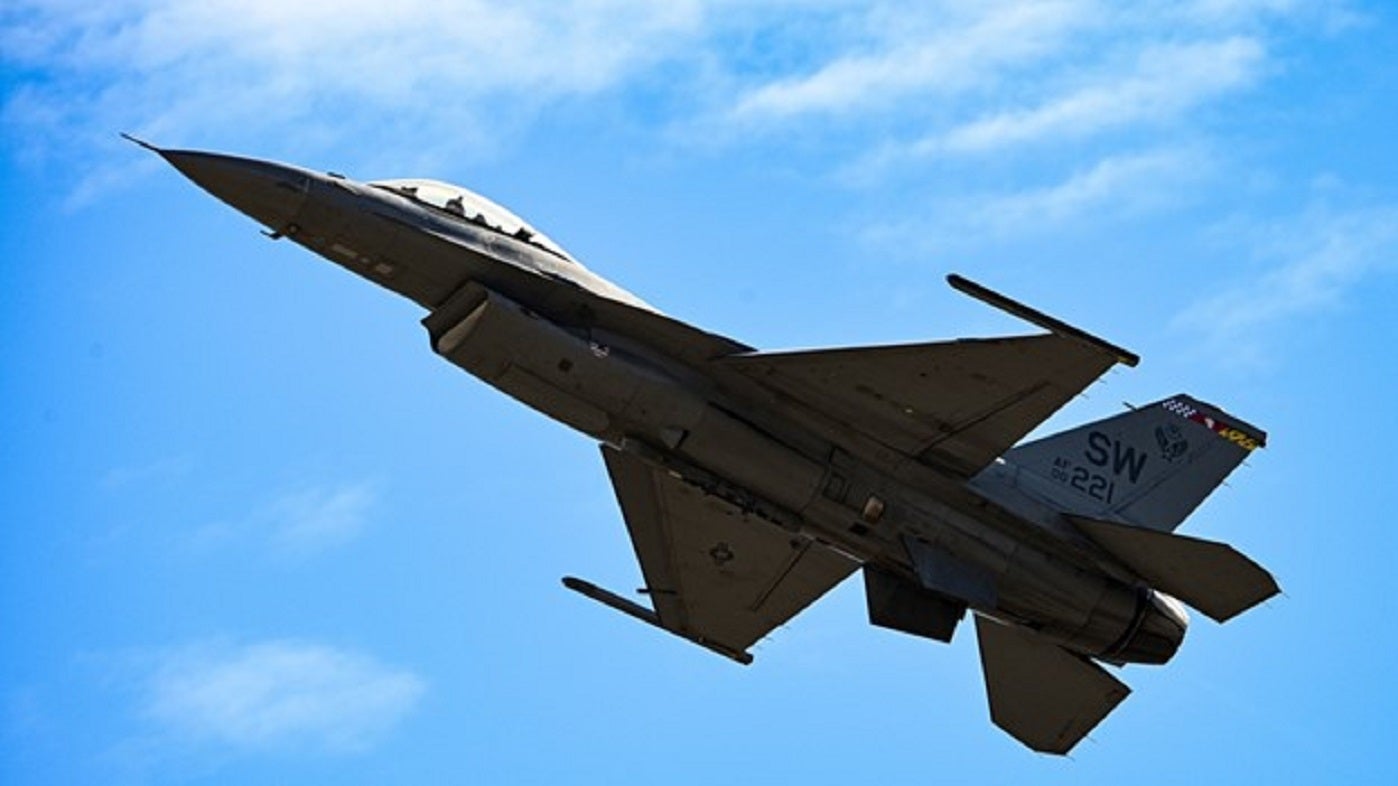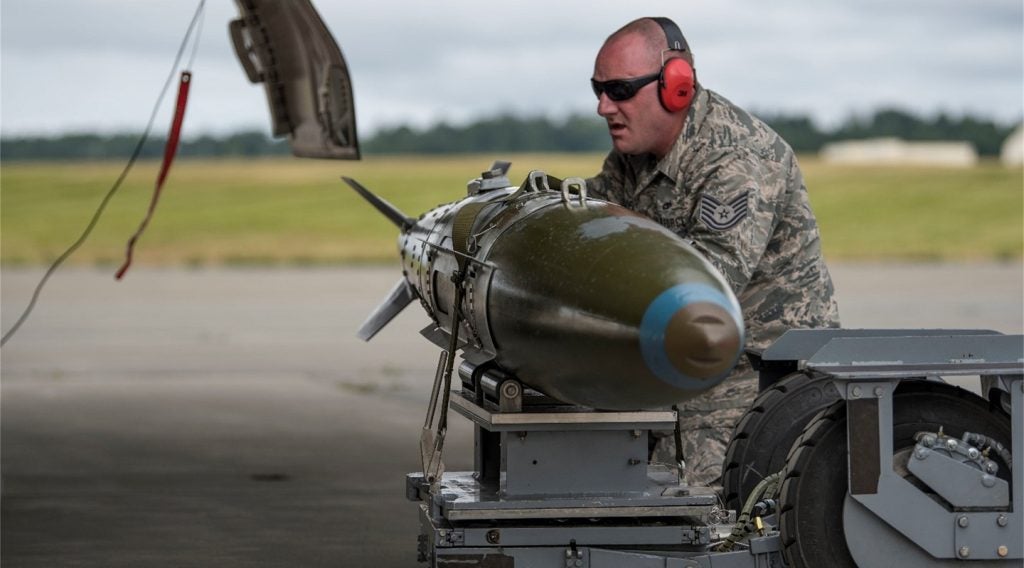
The US State Department has granted its approval to Türkiye’s $23bn foreign military sale (FMS) request to acquire 40 F-16 aircraft and the modernisation of its existing fleet to the Viper configuration.
Authorisation of this agreement was initially witheld from the buyer. However, now that the Islamic republic reversed its efforts blocking Sweden from joining the Nato military alliance, the nation has earned its reward.
The Defense Security and Co-operation Agency (DSCA) outlined the purpose of the deal is to improve the air capabilities and interoperability of “a Nato ally that is a force for political and economic stability in Europe.”
Türkiye will receive a host of various defence articles that will enhance its aerial performance in the decades to come.
The request includes: 32 F-16C Block 70 aircraft; eight F-16D Block 70 aircraft; 48 F110-GE-129D engines (40 installed, eight spares); 149 Improved Programmable Display Generators (iPDG) (40 installed, ten spares, 99 for modernization programme); 149 AN/APG-83 Active Electronically Scanned Array (AESA) Scalable Agile Beam Radars (SABR) (40 installed, ten spares, 99 for modernisation programme); 168 Integrated Viper Electronic Warfare Suite (IVEWS) or equivalent Electronic Warfare (EW) systems (40 installed, ten spares, 118 for modernisation); Infrared Search and Track (IRST) pods, among much more equipment.
The deal also comprises various missiles including: 952 Advanced Medium Range Air-to-Air Missiles (AMRAAM) AIM-120C-8 or equivalent missiles; 96 AGM-88B High-Speed Anti-Radiation Missiles (HARM); 96 AGM-88E Advanced Anti-Radiation Guided Missiles (AARGM); ten AARGM Captive Air Training Missiles (CATM); 401 AIM-9X Block II Sidewinder missiles; 12 AIM-9X Block II Sidewinder Captive Air Training Missiles (CATMs), among many others.
How well do you really know your competitors?
Access the most comprehensive Company Profiles on the market, powered by GlobalData. Save hours of research. Gain competitive edge.

Thank you!
Your download email will arrive shortly
Not ready to buy yet? Download a free sample
We are confident about the unique quality of our Company Profiles. However, we want you to make the most beneficial decision for your business, so we offer a free sample that you can download by submitting the below form
By GlobalDataApproving the F-16 deal
GlobalData Defence Analyst Wilson Jones explained that previously, “Türkiye was kicked out of the F-35 programme a few years ago in 2019 when they bought Russian S-400 air defence systems.
“This sale came after Türkiye ratified Swedish nato membership, and can be seen as a reward. F-16s are great craft and probably the best jets available to Türkiye but are a major step down from F-35s.”
The proposed sale will now allow Türkiye to expand and modernise its fleet of F-16 aircraft as older F-16 units approach the end of their service life.
Türkiye currently operates 196 F-16Cs and 44 F-16Ds, procured between 1987 and 2012, according to GlobalData intelligence.
The DSCA suggested that “these new and refurbished aircraft will provide the country with a fleet of modernised multi-role combat aircraft to enable it to provide for the defence of its airspace; contribute to Nato missions to preserve regional security and defend Nato allies; and maintain interoperability with US and Nato forces.”
Is this a sign that Türkiye is changing its position on combat aircraft?
Before the deal came to light, GlobalData suggested that the nation is developing its own fifth generation fighter aircraft that will eventually replace its fleet of F-16s in its country report on Turkey’s Defence Market, 2023-2028.
The programme has a large estimated contract allocation of $6.1bn for the 2023–33 period. The new fighters should remain operational into the 2070s. Development is ahead of schedule, with deliveries commencing in 2028.
“It is hoped that this level of investment will not only provide Türkiye with the stealth fighters it needs after the US removed the option for it to buy the F-35 but will also help develop the domestic aerospace industries,” the intelligence consultancy stated.
However, the country’s new F-16 deal suggests its has changed tact as it will continue to operate modernised F-16s in a deal worth nearly four times the value of its future aircraft programme.







